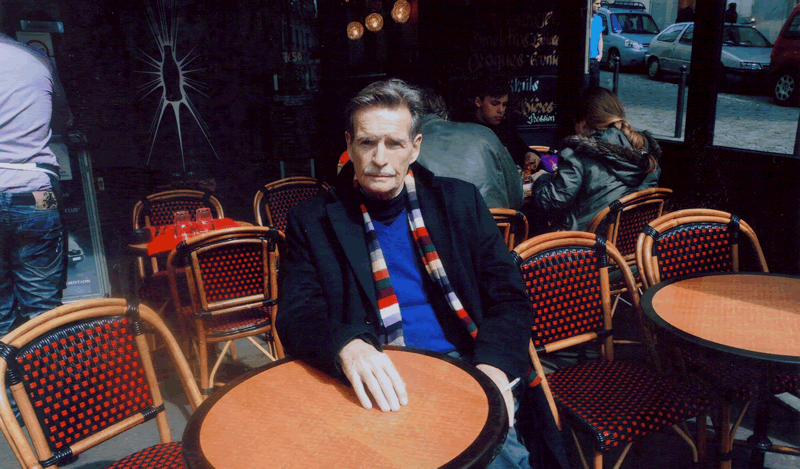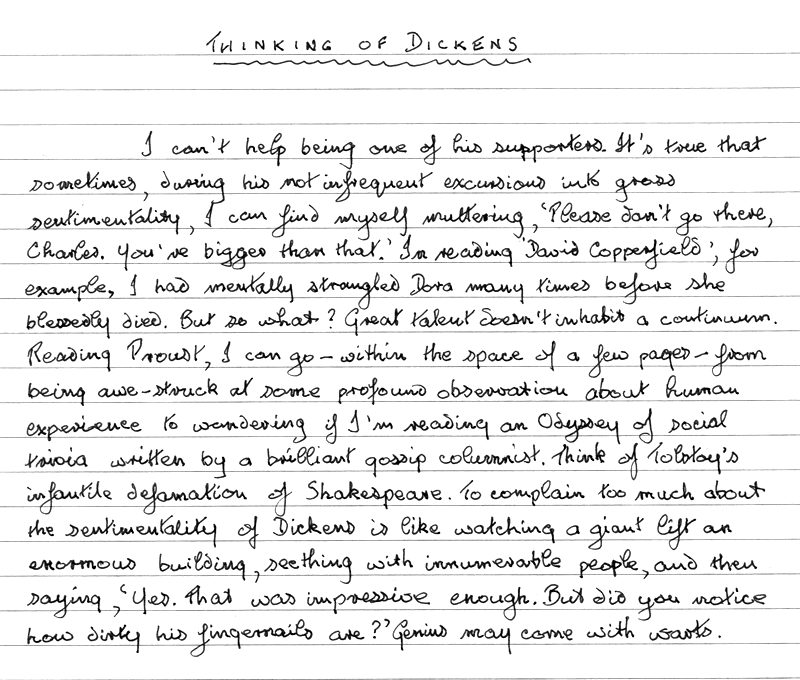
| Saying Goodbye to Places 3rd May 2013 |
LIKE Holden Caulfield, I like to find a way to say goodbye to places. So we went into the main square of Palafrugell in the late afternoon. At that time of day the sunshine filled the middle of the square in mellow light. Around the edges, the tables of the cafes were in shade. We ordered coffee and beer. A church clock somewhere was striking five in a tone that came from the past. Across the square the doors and windows of the Centre Fraternal were all open to the soft air. From inside, the voices and laughter of old men playing cards and dominoes drifted towards us, making age seem not such a bad thing. In a first-floor flat above us a white linen curtain billowed gently from an open French window. The lives being lived beyond it would never be known to us. In a corner of the square a group of workmen were erecting a canopied stage, presumably for summer concerts. I had my worries about anyone jumping around too heavily there since the young man who seemed to be mainly responsible for assembling it, a dark brown whippet in jeans, was so distracted by every attractive woman who passed that he seemed to be bolting it together by braille. A committee of old men sitting on chairs were watching him and laughing a lot among themselves - perhaps amused at his distractedness or perhaps just glad that he was having to do the work and they weren't. Most of the people crossing the square looked like locals, walking in that way which knows what its destination is and exactly how to get there. They were interestingly varied - nubile young women moving as if their bodies were a place they liked to be, old men who were comfortably fat and carried their bellies as if they were a uniform full of medals, chic shoppers, proud faces, teenagers wearing their innocent machismo like their first pair of long trousers. Two boys suddenly exploded into the square on their bikes, performed some elaborate wheelies and were gone. An old woman slowly crossed in front of us, so bent over that I thought at first she was looking for something on the ground, but it was just the way she walked. She came and sat near to us. Her voice was a lot younger than her body. The occasional tourists who passed were recognisable from their tendency to look up a lot and from the varying shades of sunburn. The beer had been refreshingly good, like a cool breeze in a glass, and I had another. Sitting there, we knew why we like coming here. This place is unselfconsciously itself. It knows who it is and you can take it or leave it. It has its life to get on with. This is Catalonia. Who are you? It adopts no postures of phoney charms to placate its visitors. It will welcome you as a guest but guests don't tell their hosts how to live or cause them to change the décor. This sense of defiant identity is a quality which is becoming rarer than it should be. More and more places are allowing themselves to be partially redefined by their summer populations. Ernest Hemingway was already observing the trend in the 1920s, especially as it applied to Spain. In The Sun Also Rises, he laments the despoliation of the great good places he and his friends had discovered as personal idylls. The unique spirit of place was being plasticised by tourism. That was presumably not what persuaded him to swallow a shotgun, but it wouldn't have made him any more reluctant to squeeze the trigger. These days the tendency has spread like a cultural Bubonic through so many parts of Europe that he might feel it would be more humane to turn the shotgun on the rest of us. Travel used to be a way of discovering strangeness. The idea of the Grand Tour of the 17th and 18th centuries, for example, was that you would broaden your experience by seeing how other people live and by learning other cultures. The slowness of travel in those times made this process easier to absorb. To more overland by foot or by horse was to remain part of the terrain you passed through. You experienced the country you traversed more or less directly and in an assimilable way. You acclimatised gradually towards your temporary destination so that by the time you got there you could attune to it more readily. Modern travel by plane, and to a lesser extent by car, tends to consist of being fired at speed from one place to another in a sealed capsule. You're likely to arrive as an unaltered, totally alien entity. This is perhaps one reason why the essence of much modern tourism is non-absorption into other cultures. It could frequently be defined as the attempted transference of your own culture into a better climate - Britain transplanted into sunshine. That way, you can have an all-day English breakfast in shorts, tee-shirt and flip-flops without fear of frostbite. You can get guttered in Jock's Bar or the Rover's Return and still be in Estartit. You can visit the town of Rhodes and imagine in some parts of it that you're in Blackpool with ancient monuments added. This is a two-way disaster. It not only short-changes the tourists by denying them an authentic experience of another place. It also compromises the identity of the place itself, turning it partly into an imitation of where the tourists come from. Travellers and residents converge in a kind of synthetic geography which is often experienced in unreal time, two weeks of Friday nights. The ultimate expression of this tendency in my experience is Las Vegas, a desert within a desert. There a group of gangsters got together and fabricated a city in the desert as a factory for making money. It would not have to grow. It would just be there. It would have no natural roots in human development. It would be life re-invented through the mechanical womb of finance. It would be a monument to sterility, since it produces nothing but money. I sometimes suspect that the destination of a lot of modern tourism is trying to reach is not far from Las Vegas. In the meantime there are still places like Palafrugell, where the church bell was now striking six. Maybe it too was under threat, for Estartit is not very far to the north of here. We could only hope that it would stay itself long enough for us to find it again a few more times. As we passed the open windows of the Centre Fraternal, where the old men were still talking, the stage appeared to be just about ready for the music we would never hear. |

| Thinking of Dickens 3rd May 2013 |

| Next update Sunday 5th May 2013 |

| e-mail: william.mcilvanney@personaldispatches.com © William McIlvanney |